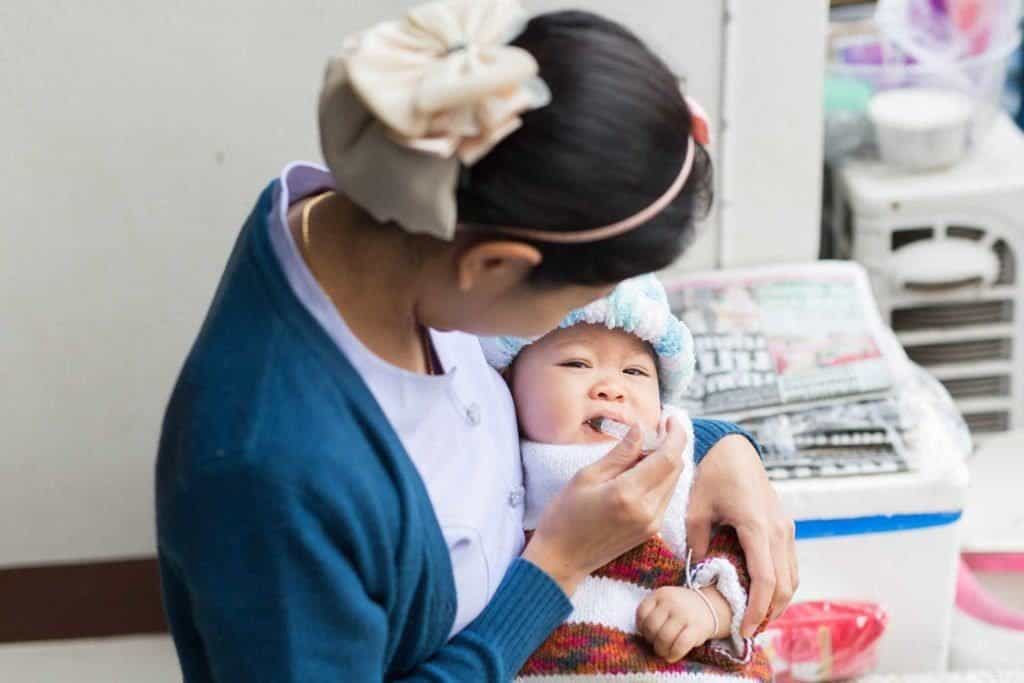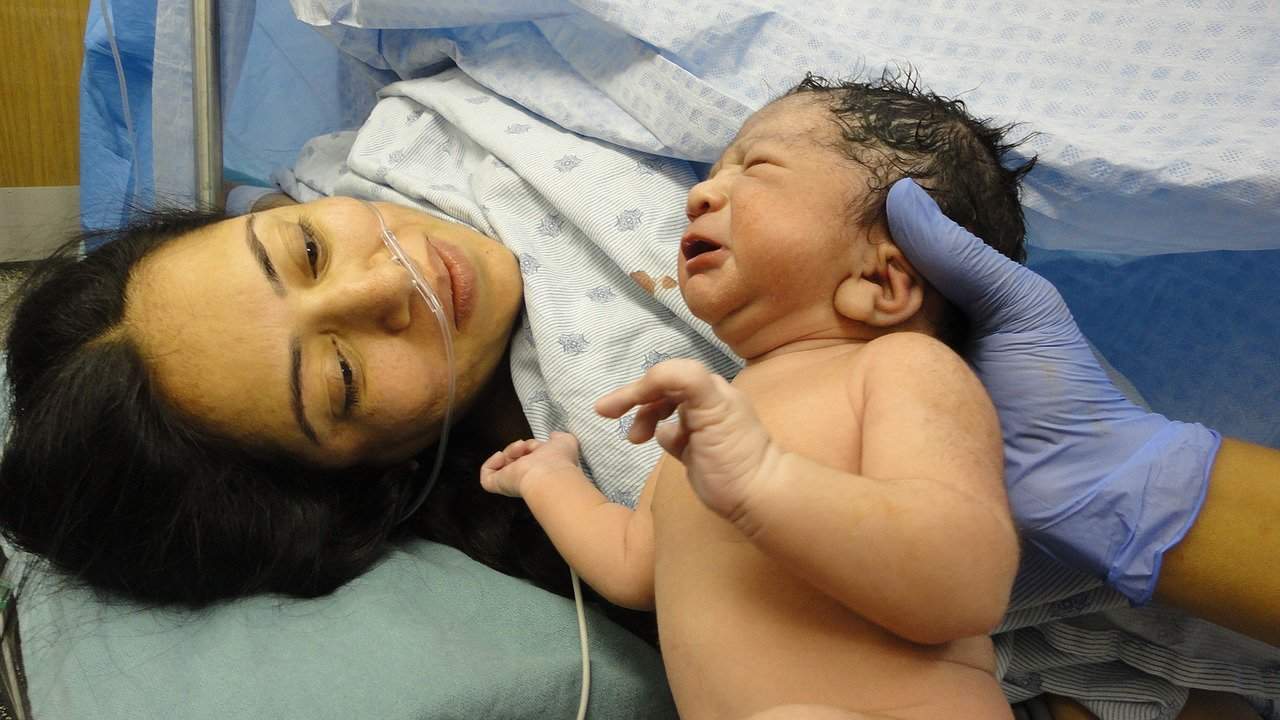Contents:
- Medical Video: PCH Type 1 Children - Carbohydrates
- Train diabetes caregivers
- The importance of snacks and meal times
Medical Video: PCH Type 1 Children - Carbohydrates
Everyone who cares about your child - from caregivers to other family members - should be trained on the basis of diabetes care and what to do in an emergency.
However, finding a trusted caregiver can be a big challenge for parents with children with diabetes. One of the best ways to find experienced caregivers is to meet other families with the same situation as you.
If you join a family community with diabetic children, you can meet other families who are in the same boat, and together you can exchange ideas about a number of caregivers including:
- Take turns watching each other's children
- Train carers together
- Place advertisements in local newspapers or websites, including at universities that have nursing programs
- Recruit other people with diabetes to become caregivers
Train diabetes caregivers
Before leaving your child in someone's care, it is important for caregivers to know that each person with diabetes is different, and the treatment varies.
Prepare your child caregiver to find out:
- What to do in an emergency situation. Describe when and how glucagon is given. Show your caregiver where the supply of storage is for emergencies. Make sure the caregiver knows how to contact you if there are questions or emergencies.
- How and when to check blood glucose and ketones. Show how to use your child's glucose meter, and then ask the caregiver to practice preparing the meter and checking your child's blood sugar levels.
- Your child's blood glucose target range. Give detailed instructions on what to do if the blood glucose level is high or low.
- How to use insulin. Show how to use it and let your caregiver practice using it, if possible. Write down your child's insulin dose clearly.
- Signs and symptoms of hypoglycemia and hyperglycemia in your child and what to do if this happens.
The importance of snacks and meal times
Prepare foods that you know your child will love. Involve your child in planning meals and snacks to make sure he will want to eat the food you prepare.
Give caregivers a schedule and menu for each meal and snack, and tell them how much insulin your child needs for each meal.
If your child refuses to eat or wants something else, review the substitute for food or ask the caregiver to contact you if there are questions. Be sure to tell your child about the importance of food and snacks.












